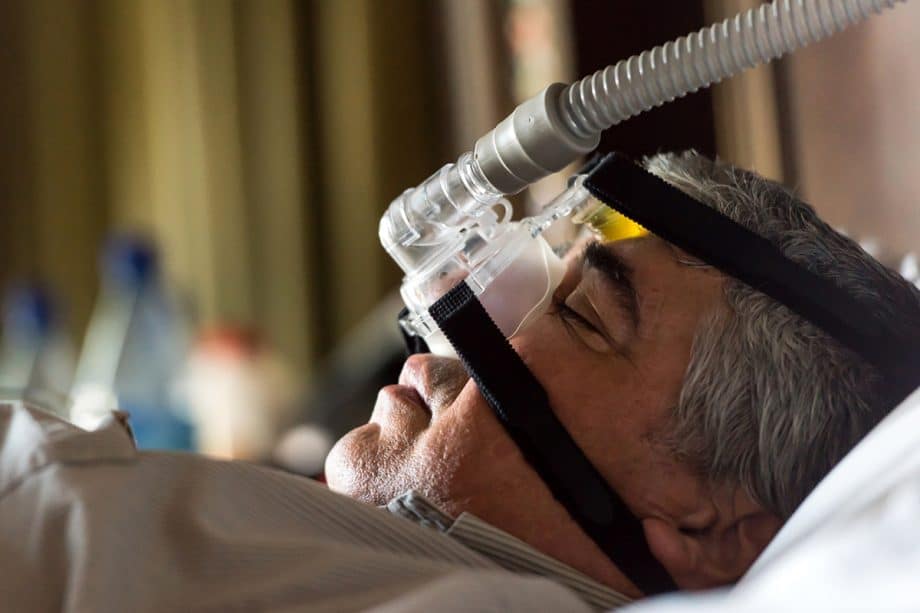Obstructive sleep apnea is a serious yet increasingly common condition affecting approximately 6% of all American women and 13% of all American men. People with sleep apnea experience repeated episodes of interrupted breathing throughout the night.
Obstructive sleep apnea is the condition's most common form. This issue happens when the airway becomes physically blocked at times, either by tongue and throat tissues that are too relaxed or by excess tissue from overweight.
Risk Factors for Obstructive Sleep Apnea
- Higher risk for men than women
- Advanced age
- Larger neck circumference
- Overweight or obese
- Family history
- Use of tranquilizers, sedatives, or alcohol
- Smoking
Symptoms of Obstructive Sleep Apnea
When the patient stops breathing, they either wake to gasp and cough or transition into light sleep. They may exhibit a fight-or-flight response, increasing their heart rate, blood pressure, and cortisol production.The patient may snore, gasp, and choke enough to wake their partner and other family members. However, not every person who snores loudly has sleep apnea.
People with sleep apnea often wake in an irritable mood. They may experience headaches in the morning. They may be so tired during the day that it affects their ability to complete normal tasks.
Consequences of Obstructive Sleep Apnea
Over time, the above physical effects can lead to many hours of lost sleep and a lack of oxygen to the heart and brain. The stress obstructive sleep apnea places on the patient's system can lead to heart disease, high blood pressure, Type 2 diabetes, and stroke.
Treatment of Obstructive Sleep Apnea
The most common treatment for obstructive sleep apnea is a CPAP (Continuous Positive Airway Pressure) machine. A CPAP machine provides a steady flow of air that keeps the patient's airway open during sleep. However, many patients cannot tolerate using a CPAP machine at night.
Dentists have an alternative to the CPAP machine: oral appliance therapy. Custom-made oral appliances can open the airway by positioning the jaw forward and keeping the tongue from collapsing backward during sleep.
One of the major advantages of oral appliance therapy over CPAP is that patients do not disturb their partners with the machine's noise. In cases where a doctor approves, oral appliance therapy can be an excellent method of treating obstructive sleep apnea.
Making lifestyle changes can help reduce obstructive sleep apnea symptoms. Trying to lose weight, exercising regularly, and avoiding alcohol (especially in the evening) are three excellent places to start.
Finally, surgery may be appropriate for some patients, especially those with excess tissue problems.
Call Suwanee Family Dentistry
Leaving obstructive sleep apnea untreated could lead to serious health consequences. Fortunately, we can help you diagnose this problem and find appropriate treatments.
If you have questions about sleep apnea, please call our Suwanee, GA, office at 678-714-2380. We would gladly schedule a consultation to discuss your possible sleep apnea issues and how we can help.
